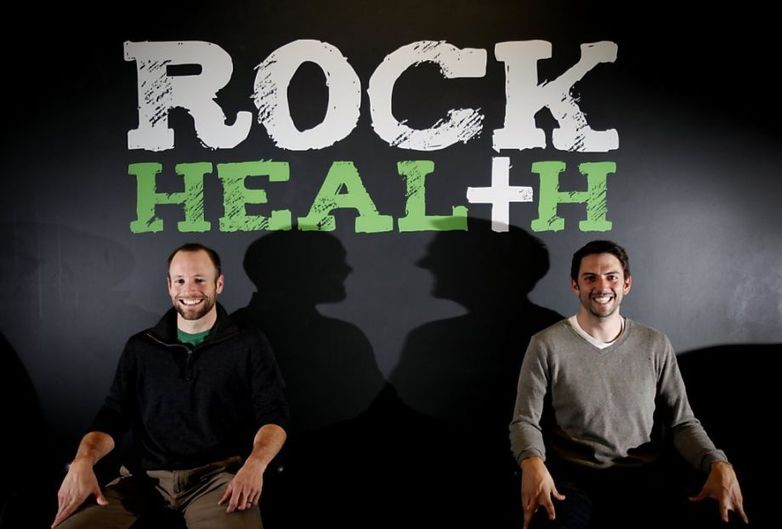TechCrunch Disrupt Europe Takes Digital Health Startups Seriously
16/11/2014How To Break Into The Rapidly Growing Digital Health Space
16/11/2014Rock Health can now invest even more in digital health startups
Digital health startups can now get an even bigger boost from Rock Health, the San Francisco accelerator that says a newly raised seed fund, its largest ever, reflects investors’ confidence in the young industry.
Rock Health said Monday that its third fund allows it to increase its per-company investment from $100,000 to up to $250,000, effective immediately. The program supports 54 seed-stage tech startups whose health-oriented products include activity-tracking devices, data-analytic tools to help reduce health care expenses, and telemedicine apps that connect patients with medical providers.
“More capital is better for companies,” said Malay Gandhi, managing director of the Mission Bay accelerator. “It also sends a much clearer signal to co-investors about how committed we are to our companies.” The idea, he said, is to help startups raise their initial round of funding faster so they can go on to hire, develop their technologies and raise more funding.
Since Rock Health started about three years ago, its companies have raised more than $200 million from investors. More than 1,000 companies apply annually to the program, which said it expects to lower the acceptance rate to 1 percent from 2 to 3 percent. Applications to join the next round of companies are due Nov. 20.
That demand signals growing interest from entrepreneurs and investors alike. According to Rock Health, digital health startups raised $3 billion in venture funding in the first three quarters of 2014, up from about $2 billion in all of 2013. And some analysts think these companies have big earning potential. Research and Markets predicts that the market for mobile health apps and associated devices, for example, will grow 61 percent to reach $26 billion by 2017.
In total dollar amounts, however, investments in the industry are still a fraction of the amounts raised in traditional industries like biotechnology and pharmaceuticals.
Gandhi said he is particularly interested in investing in tools that improve doctors’ work flow, analytic tools for life-science research, and technologies designed to produce clinical outcomes, such as preventing or reducing diabetes.
On the other hand, the program is less interested in apps intended for people who are already focused on exercise and diet. “I’m not sure investing in new fitness tools and new physical-activity tools for healthy people really ultimately reduces the cost of the health care system,” which is Rock Health’s mission, Gandhi said.
Funding was led by Bessemer Venture Partners and Kaiser Permanente Ventures. Kleiner Perkins Caufield & Byers, the Mayo Clinic, Montreux Equity Partners and Great Oaks Ventures Capital participated.
Source: www.sfgate.com




